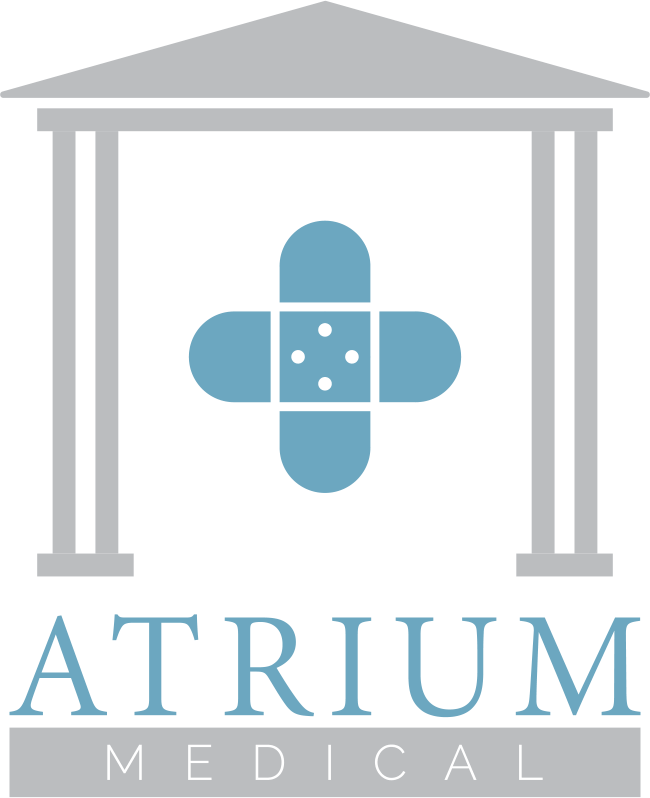IV Infusions

Intravenous therapy (IV) involves delivering a substance directly into a vein using a thin tube called a catheter.
Why is the IV route of administration sometimes preferred to the oral route? For one thing, it is faster acting, since an agent infused into a vein is carried directly by the circulatory system and is immediately available for cellular use. That means faster relief from common conditions such as seasonal allergies, fatigue, hangovers, jet-lag, exhaustive exercise, or prolonged sun exposure.
For another, bypassing the digestive system increases the bioavailability of certain substances such as Vitamin C or glutathione which are diminished in the gastric tract. That means much higher nutrient concentrations can be achieved than via the oral route.
While athletes and celebrities have made elective IV infusions fashionable in recent times, the use of IV “Vitamin Therapy” is hardly new. Over six decades ago, Johns Hopkins physician Dr. John Myers formulated an injectable cocktail of key vitamins to help address a number of conditions. Thanks to the power of social media, this has now become a prominent health trend around the world.
IV infusions are not without risks. Potential risks and complications include infection, cellulitis, inflammation of the wall of a vein with associated thrombosis, bleeding, hematoma/arterial puncture, unintended leakage of solution into the surrounding tissue, air embolism, and needle stick to the provider. Inappropriate levels of electrolytes given by IV can have serious cardiac, muscular, and nervous system effects. Circumventing the digestive system also introduces risk. That’s because the digestive tract provides several layers of defense — antibodies in saliva for example — that filter out potentially harmful agents that could trigger an allergic reaction. This is why infusions in a boutique, non-medical, or “at home” setting are risky and should be avoided.
As for the million dollar question … do IV infusions really “work”? Unfortunately, there is not enough scientific evidence to answer that question definitively in all cases. In many instances, the mechanism of action is logical and recipients report strong anecdotal benefits, which make the process worthwhile to them. And there is a wide array to choose from! Some therapies boost the immune system, others seek to combat age-related impairments, yet others target healing and rejuvenation of cells. Talk to your healthcare professional about whether IV infusions can play a part in improving your overall quality of life and well-being.




